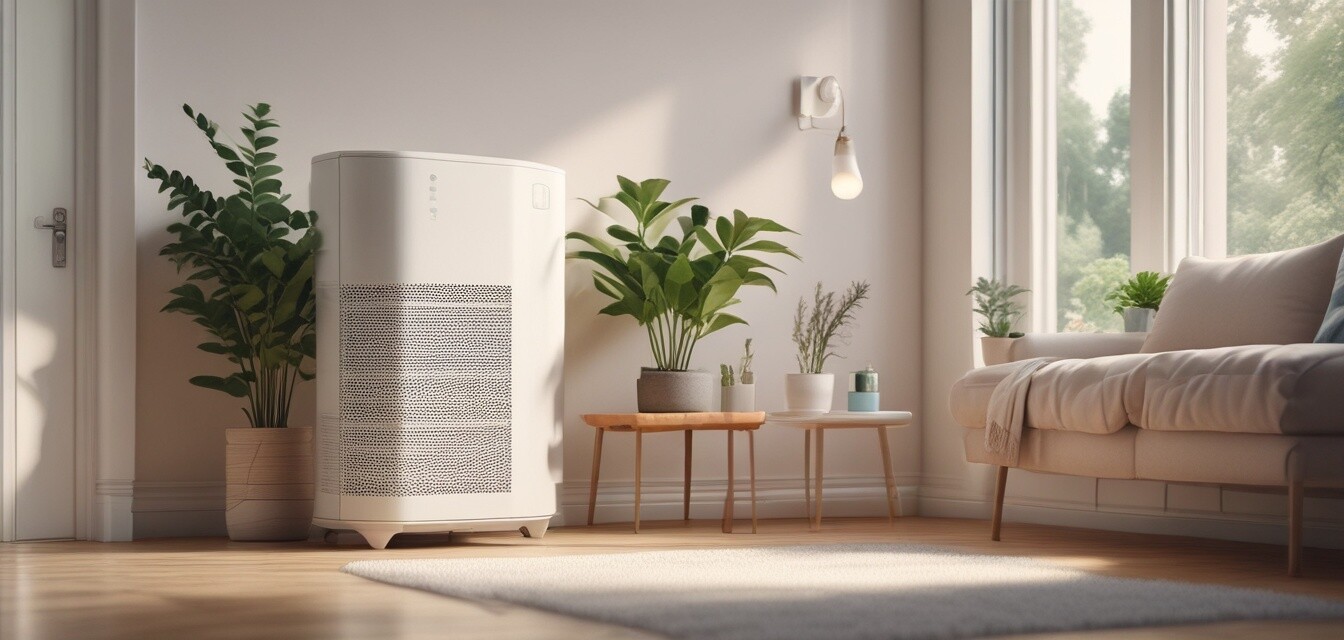
10 Daily Habits to Reduce Allergy Symptoms
Discover simple habits to incorporate into your daily life that can significantly reduce allergy symptoms and improve your well-being during peak seasons.
Key Takeaways
- Establish a cleaning routine to reduce allergens in your home.
- Monitor pollen counts and adjust outdoor activities accordingly.
- Invest in air purifiers to improve indoor air quality.
- Choose appropriate allergy medications when symptoms arise.
- Consider allergy-proof bedding to enhance sleep quality.
Understanding Seasonal Allergies
Seasonal allergies, often triggered by pollen from trees, grasses, and weeds, can negatively affect your quality of life. Understanding the triggers and implementing daily habits can significantly enhance your comfort during allergy season. Here are ten easy habits you can adopt.
1. Create a cleaning routine
A consistent cleaning schedule is essential in reducing indoor allergens. Dust, pet dander, and mold can all contribute to your allergy symptoms.
| Cleaning Task | Frequency |
|---|---|
| Dust surfaces | Weekly |
| Vacuum carpets and rugs | Weekly |
| Wash bedding and pillow covers | Bi-weekly |
| Clean air filters | Monthly |
2. Monitor pollen counts
Stay informed about the pollen counts in your area. Websites and apps can provide daily updates, helping you avoid outdoor activities when pollen levels are high.
3. Invest in air purifiers
Air purifiers can significantly improve air quality indoors. Look for models with HEPA filters to effectively capture allergens.
4. Choose allergy-proof bedding
Allergy-proof bedding can help reduce exposure to dust mites and other allergens while you sleep. This includes mattress encasements and pillow covers.
5. Practice good ventilation
Ensure your home is well-ventilated by opening windows and using exhaust fans, especially when cooking or showering, to reduce moisture buildup.
6. Be cautious with outdoor activities
Limit outdoor activities during peak pollen hours, typically early morning and late afternoon. Wearing sunglasses and a hat can help protect your eyes from pollen.
7. Shower after outdoor exposure
After spending time outside, take a shower and change your clothes to remove any pollen that may have attached to your skin and hair.
8. Use nasal saline rinses
Utilizing nasal saline rinses can help wash away allergens and improve nasal passage hydration, making it easier to breathe.
9. Opt for low-allergen foods
Some foods can exacerbate allergy symptoms. Incorporate anti-inflammatory foods like fruits, vegetables, and omega-3 rich foods into your diet for overall health.
10. Stay hydrated
Drink plenty of water throughout the day. Staying hydrated helps thin mucus and supports overall body functions that may alleviate allergy symptoms.
Conclusion
Incorporating these ten daily habits into your routine can greatly help manage allergy symptoms and improve your well-being during peak seasons. To find more detailed information on products that can assist in managing allergies, visit our buying guides section. Remember, consistent practices and informed choices can lead to a more comfortable allergy season.
Tips for beginners
- Start small; pick a couple of habits to implement at a time.
- Set reminders on your phone for cleaning routines.
- Join local community groups focused on allergy tips for support.
Pros
- Improved indoor air quality.
- Reduced allergy symptoms.
- Better sleep and overall health.
Cons
- Initial costs for air purifiers and special bedding.
- Time commitment for cleaning and monitoring.
Discover more tips and strategies for effectively managing allergies by exploring our articles in the Tips and Best Practices category. For additional product recommendations, check our air purifiers and allergy medications pages.